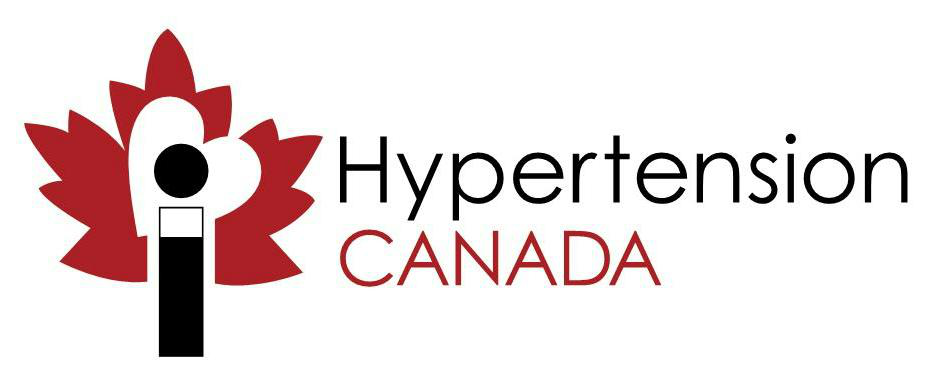Treatment of hypertension in association with renovascular disease
- Patients with hypertension attributable to atherosclerotic renal artery stenosis should be primarily medically managed because renal angioplasty and stenting offers no benefit over optimal medical therapy alone (Grade B).
- Renal artery angioplasty and stenting for atherosclerotic hemodynamically significant renal artery stenosis could be considered for patients with any of the following (Grade D; revised recommendation):
- Uncontrolled hypertension resistant to maximally tolerated pharmacotherapy,
- Progressive renal function loss,
- Acute pulmonary edema.
- Patients with confirmed renal FMD should be referred to a hypertension specialist (Grade D).
- Renal artery angioplasty without stenting is recommended for treatment of FMD-related renal artery stenosis. Stenting is not recommended unless needed because of a periprocedural dissection. Surgical revascularization should be considered in case of complex lesions less amendable to angioplasty, stenosis associated with complex aneurysm, and restenosis despite 2 unsuccessful attempts of angioplasty (Grade D)


